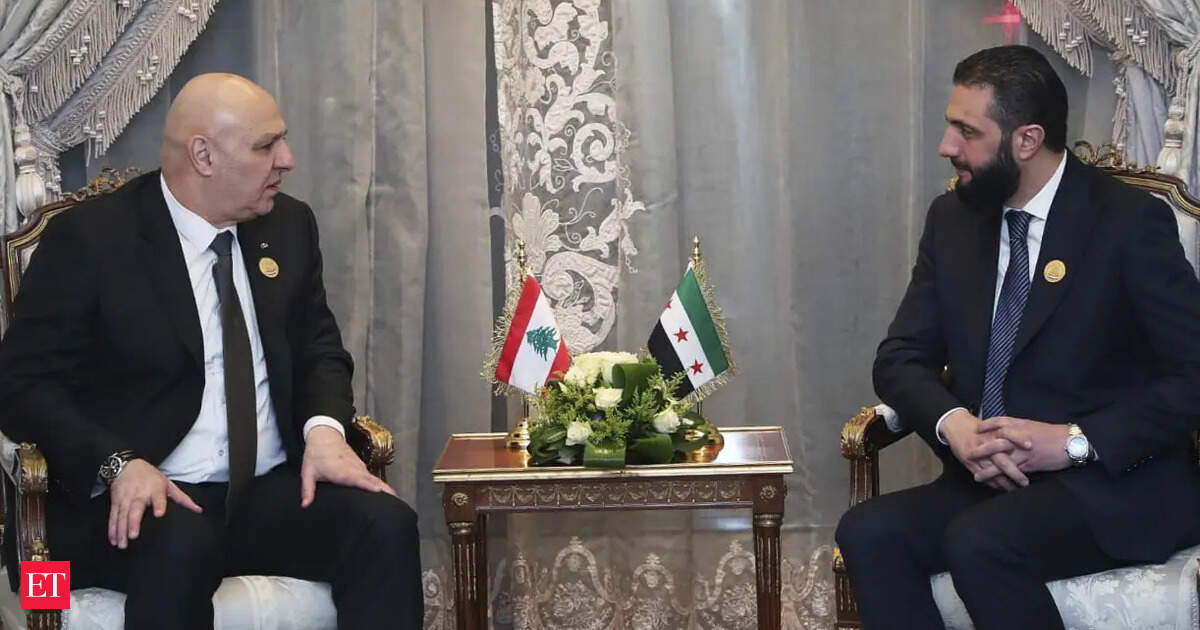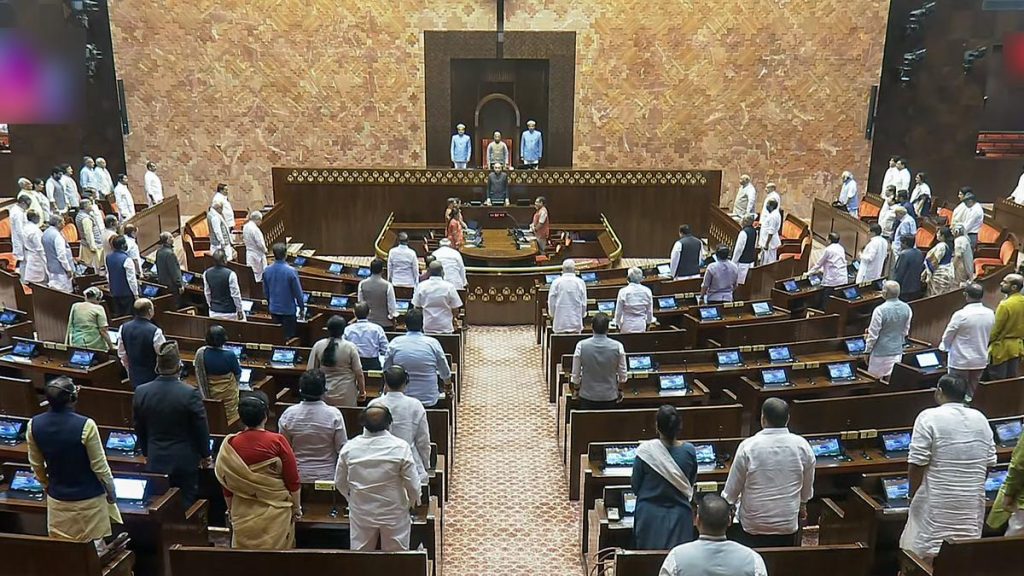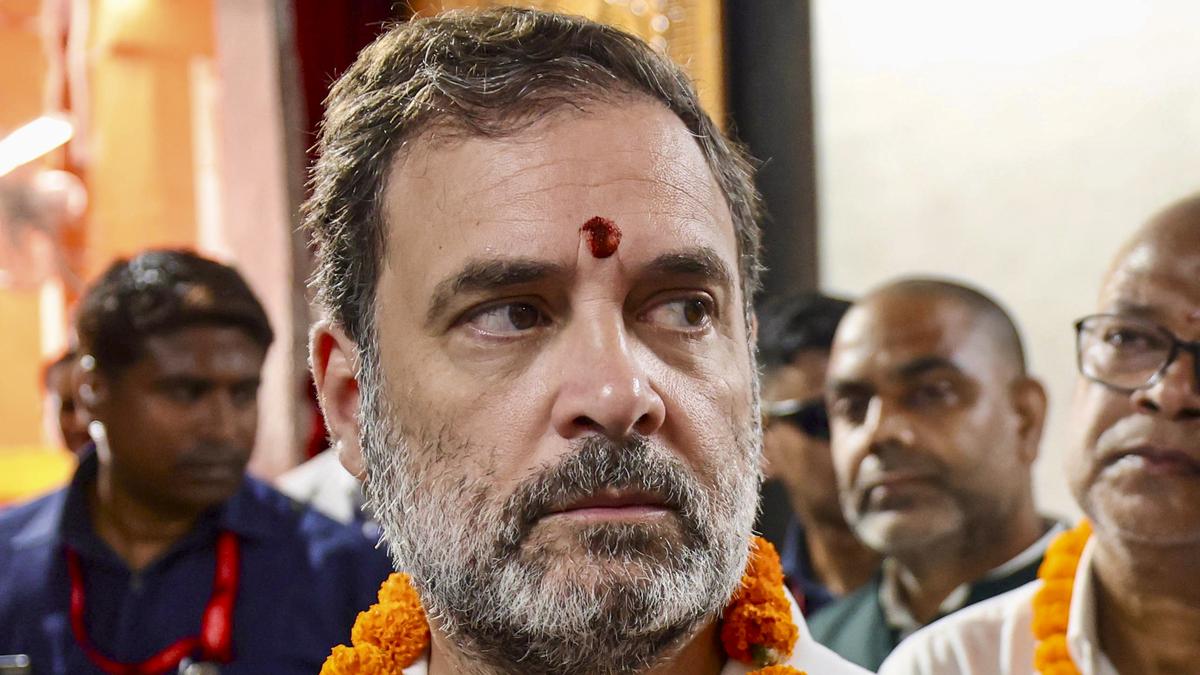Now Reading: Strained Ties: Unpacking the Syria-Lebanon Relationship
-
01
Strained Ties: Unpacking the Syria-Lebanon Relationship
Strained Ties: Unpacking the Syria-Lebanon Relationship

Fast Summary
- Syria-Lebanon Relations: A tumultuous relationship marked by mistrust and past tensions. Syria formally recognized Lebanon as an independent state only in 2008, decades after Lebanese independence from France in 1943.
- Syrian Civil War Aftermath: The fall of Bashar Assad’s goverment has impacted ties significantly. Hezbollah faced setbacks during a war with Israel and is feared to still exert influence across borders. Syrian citizens resented Hezbollah’s intervention in the syrian civil war to support Assad.
- Refugee Crisis: Lebanon hosts approximately 716,000 registered Syrian refugees and many more unregistered ones after hosting the highest per capita refugee population globally during Syria’s civil war.
- Border Issues: skirmishes, smuggling incidents, disagreements over prisoner exchanges (2,000 Syrians held in Lebanese prisons), and border security add complexity to relations between the two countries.
- Financial Disputes: Syria has demanded the return of billions of dollars trapped in Lebanese banks since Lebanon’s financial meltdown.
- Diplomatic Tensions: beirut angered by incidents such as Syria appointing defectors from Lebanon into key positions while rumors persist regarding territorial agreements like Tripoli being exchanged for regional concessions involving Golan Heights (later dismissed).
- Proposals for Cooperation: Analysts suggest individual issue-based problem-solving rather than package deals; recent U.S-backed initiatives have proposed full border demarcation.
indian Opinion Analysis
The strained relations between Syria and Lebanon reflect broader geopolitical consequences stemming from instability across conflict-prone regions like the Middle East. The complex interplay of refugee management challenges,unresolved territorial disputes,financial crises lingering post-Assad regime collapse-alongside ongoing mistrust rooted deeply in historic interventions-offers critical lessons on cross-border diplomacy.
For India-a nation challenged similarly by migration dynamics (e.g., Rohingya refugees) and fraught borders-the nuanced management seen hear underscores that addressing bilateral tensions requires incremental cooperation such as demarcating borders or compartmentalizing issues for negotiation instead of lump-sum resolutions.
Additionally,India’s deeper engagement with international peace-building efforts might benefit from observations here about sectarian divides impacting national unity post-conflict-including scenarios outwardly reshaping allies through foreign militant networks diplomatically destabilizing future state-level sovereignty dialogues focusing interconnected downstream trade peace longevity impacts






















